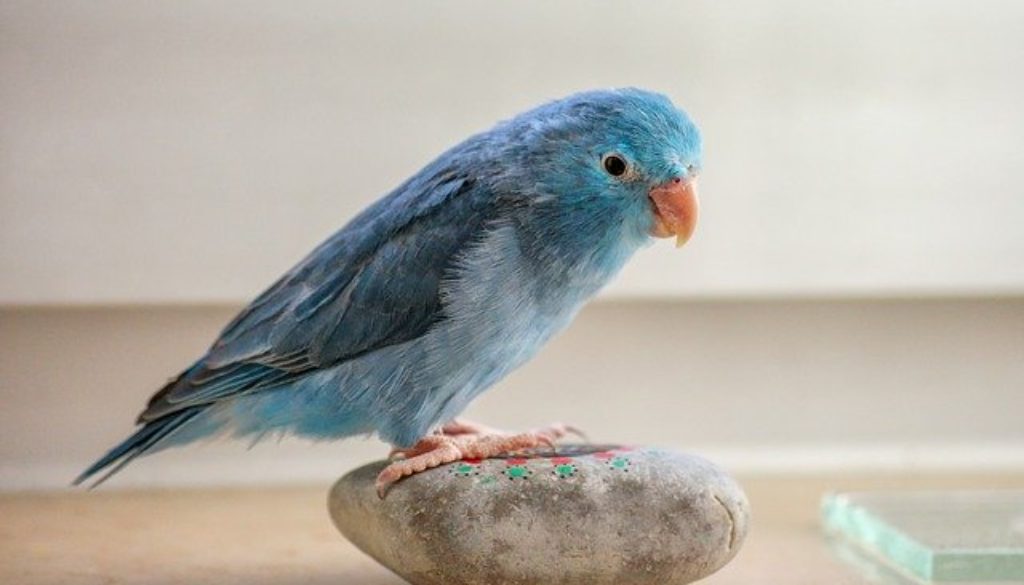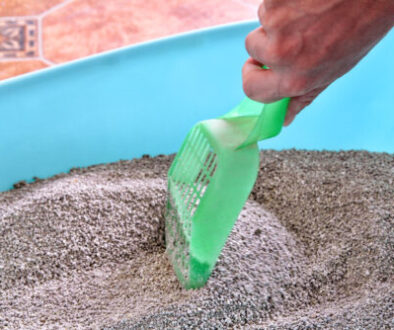How to Enrich Your Bird’s Life
Did you realize your bird benefits from exercise and enrichment through play and other activities? Enrichment categories include habitat, cognitive, and sensory (visual, social, tactile, and auditory), and caregivers can actively engage their birds, keeping them from becoming bored even while you’re at work.
Habitat enrichment
For habitat stimulation, introduce various perches at different heights, small plants, ladders, ropes, or swings. These encourage movement, to increase your bird’s activity level when you cannot allow him to safely fly around inside your home. You can also place pinecones, cotton rope, grapevine or willow wreaths, and carefully-cleaned small twigs from outdoors inside their cages.
Cognitive enrichment
Most birds are accustomed to foraging for food, and owners should switch to food acquisition challenges over free access to a bowl of birdseed. Since these species typically spend most of their day in the wild searching for food, replicating it for them prevents them from becoming bored. Engaging their mind and occupying their time also has the benefit of reducing unwanted behaviors, such as screeching.
You can wrap food in butcher’s paper and place in treat boxes, treasure chests, or pull-out drawers to hide around their cage. Place multiple types of foraging activities around their environment to encourage activity while you’re away during the day.
Sensory enrichment
Since birds are social and visual animals, they love observing and interacting with other animals. Though abrupt shifts in their environment can shock them, try (slowly) moving their cage next to a window to change their view. Incorporating different mirrors allows them to look at and talk to themselves.
Birds receive tactile enrichment from various toys. Sanitize toys immediately after you purchase them and then periodically re-sanitize to avoid a buildup of dust or allergens. However, though birds enjoy playing, they can remain suspicious of new items for a while. After a few weeks, they might show interest in the new toys, especially if you play with it so they can overcome any distrust of the new item.
Auditory stimulation from leaving the television or radio on will give them the chance to listen and talk back to other species, for increased socialization. You can even use recordings of your voice! Birds like nature or animal programs on television or the radio as well. Talking to the programs and sounds of other animals feeds their social tendencies.
Plan ahead to incorporate new and challenging activities into your bird’s environment each day to keep them mentally and psychologically engaged. It keeps them busier and healthier overall!




